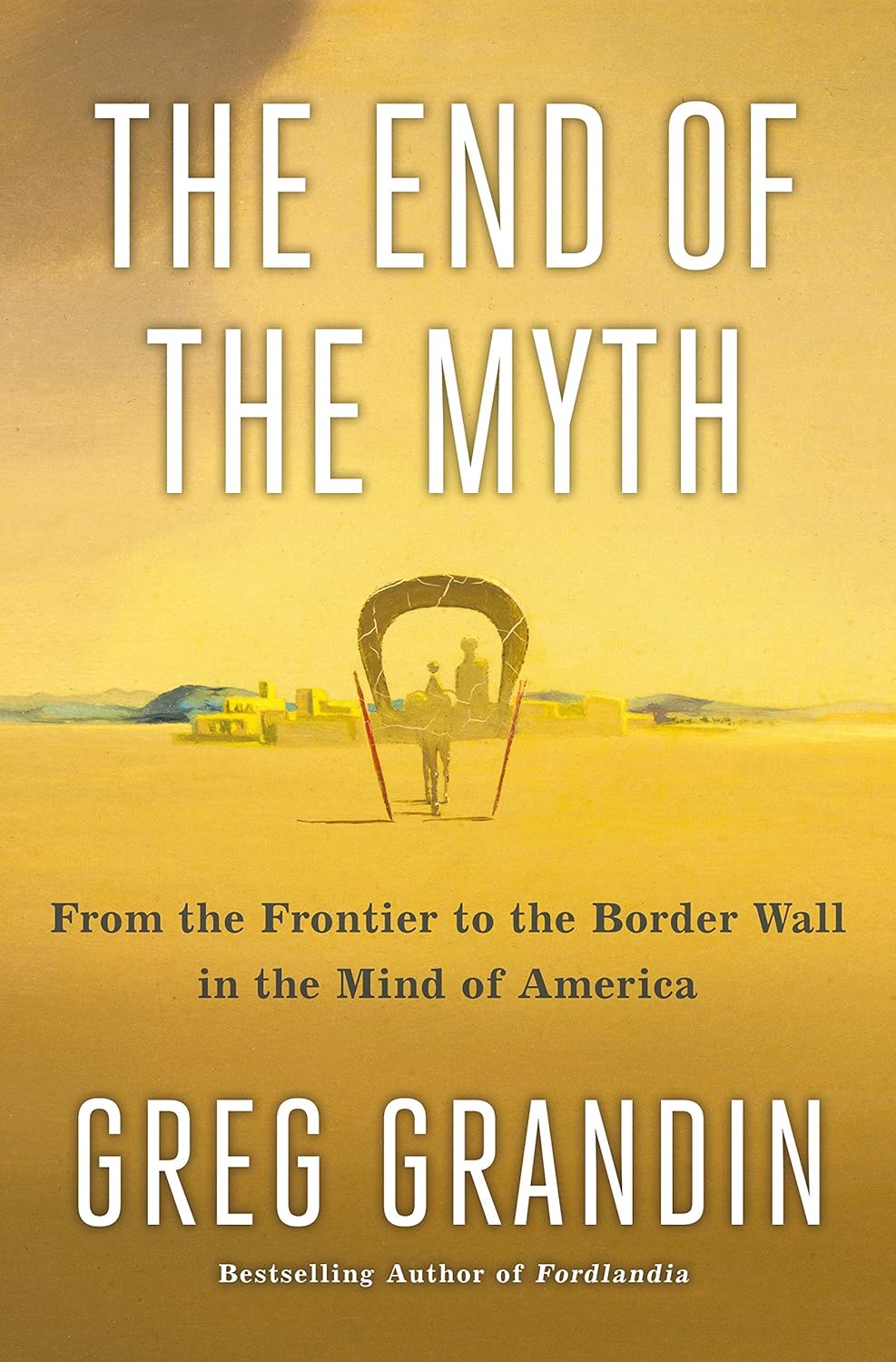Part of Grandin’s achievement in “The End of the Myth” is to situate today’s calls to fortify our borders in relation to the centuries of racial animus that preceded them. Donald Trump can be distinguished from his predecessors, Grandin argues, because of his willingness to meet conservative and nativist demands at their logical end point—by closing off instead of moving out. By contrast, his predecessors over the past four decades each found ways of channelling aggression outward by identifying new frontiers and promising boundlessness in a shrinking world. Reagan pursued anti-Communist wars in Central America by declaring it “our southern frontier”; George H. W. Bush saw the crumbling of the Berlin Wall and imagined “new markets for American products,” proclaiming that “in the frontiers ahead, there are no borders”; Clinton declared, as he signed NAFTA, that “this new global economy is our new frontier”; and George W. Bush launched a global war on terror with the promise to “extend the frontiers of freedom.” After America’s military failure in Iraq and its economic failure in the Great Recession, the nation’s first African-American President arrived in office at the precise moment when hatred was coming home from the fringes.
With Trump—the first President since the dawn of American imperialism to renounce the Turnerian call for rejuvenation through expansion—“America finds itself at the end of its myth,” Grandin asserts, and is finally being forced to confront “extremism turned inward, all-consuming and self-devouring.” The idea of the border wall has thus replaced the myth of American limitlessness, Grandin concludes, serving as “a monument to the final closing of the frontier.” For all that, Trump’s pledge to erect a “big, beautiful wall,” from the Gulf of Mexico to the Pacific Ocean, serves many of the same purposes as the earlier expansionist rhetoric—the border remains abstract in the minds of most Americans, yet it represents a problem and a promise distinct enough to distract from more immediate and enduring social ills. A completed border wall, and the victory it would represent to many, is thus conveniently unattainable, allowing for the same fleeing forward that has always tugged at American history. After all, as Grandin shrewdly observes, “the point isn’t to actually build ‘the wall’ but to constantly announce the building of the wall.”


